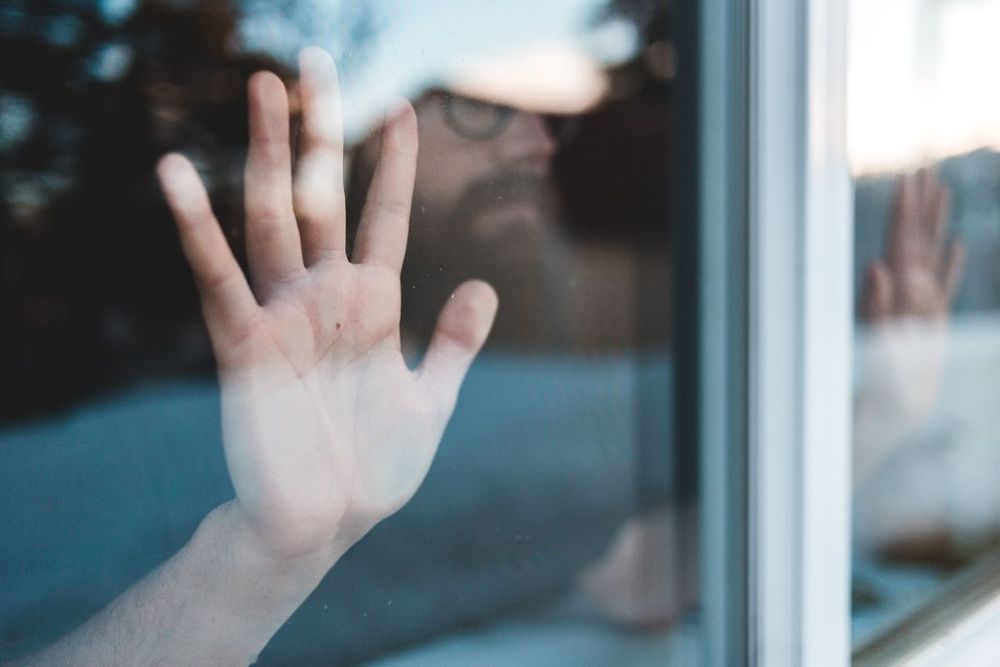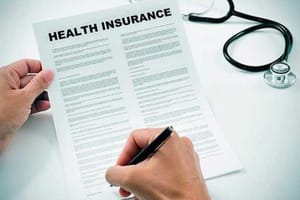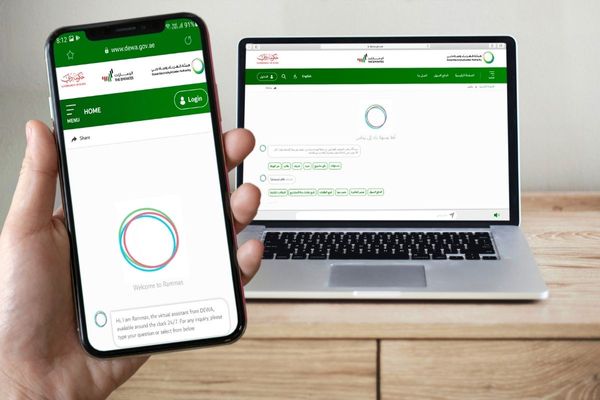A top Dubai Health Authority (DHA) health official discusses the steps for home-isolation and tips for managing health and mental wellbeing during the isolation period.
After doing a PCR and before getting the results:
Dr. Hind Al Awadhi, Head of Health Promotion and Education at the DHA said,
“Let us first talk about the time when the person needs to take a PCR test. If you have taken a PCR test due to any medical reason and not for travel purpose, you must take all precautions assuming that you have COVID-19 until proven otherwise with a negative PCR test.”
Why is this important? Al Awadhi elaborates, “This is crucial to protect your family members and the community at large. This means that other than visiting the centre for the PCR test, you should not go to work or school or step outside your home until you receive the results.”
“In fact, at home, the person who has taken the test should isolate especially if he has any flu-like symptoms and he should follow all precautionary measures.”
COVID-19 patients:
Al Awadhi said, “If you receive a positive PCR test, your period of isolation will begin from the date of undergoing the PCR test. For asymptomatic patients, the period of isolation will be ten days.”
“However, if you have any symptoms such as fever, then you should continue your isolation period until you have no fever (without using any fever-reducing medicine) for the last three consecutive days and other symptoms should have subsided, only then you can end your isolation in ten days , if that is not the case, you need to continue your isolation period.
Al Awadhi said, “The first thing to do is to speak to your family physician in order to assess your medical situation and determine if you can isolate at home. Mild COVID-19 cases require similar treatment to that of a viral. It is also recommended to monitor your oximeter (blood oxygen level, SpO2) readings twice daily.
“During home-isolation, if the patient experiences breathing difficulties, it is important to seek immediate medical consultation and contact the ambulance if required.
“COVID-19 cases that require telemedicine consultation can do so by availing the DHA’s Doctor for Every Citizen telemedicine service. We also have two dedicated COVID-19 centres- Al Khawaneej and Al Bada for patients who are experiencing symptoms that need medical intervention. For patients who have a persistent fever that lasts for a few days or if they develop any other symptoms, it is important to seek medical advice for further investigation to prevent complications,” said Al Awadhi.
COVID-19 patients must follow all the instructions given by their family physician, they should ensure they follow a healthy diet and the fluid intake must be adequate.
Close contacts:
Al Awadhi said that family members and other close contacts must home-quarantine for a period of ten days. It is not mandatory for close contacts to take a PCR test unless they develop symptoms, however, they can opt to take the PCR test.
It is important to note that even in the case of a negative PCR test; close contacts must complete the full ten-day home-quarantine period. This is a mandatory requirement.
Steps to follow during home-isolation to protect other family members:
- Ideally, stay in a separate room and bathroom. If you are using a shared bathroom, only leave your room to use the bathroom. Ensure you wear a mask. Use disinfectant wipes or disinfectant liquid to wipe off commonly used surfaces after EACH use. You should clean and disinfect major surfaces like faucet knobs, door handles, and the toilet seat lid on your own to protect other people in the house.
- Handing of food: Place food for the COVID-19 patient outside the room door in disposable containers and using disposable cutlery only.
- Garbage disposal: The COVID-19 patient should collect all the trash in a garbage bag and must ensure that the bag is not infected- sanitize your hands and use gloves when closing the bag. A house member must wear a mask and gloves and must dispose the trash outside the house in the designated place immediately.
- Laundry: The infected person should collect the laundry and place it in a disposable laundry bag in the room. The household member handling the laundry must wear a mask and gloves. The laundry should be washed carefully using a disinfection liquid and detergent. After using the laundry, the washing machine MUST be disinfected – use disinfection liquid and complete one cycle of washing with water on high temperature. Then using disinfection wipes, wipe the machine inside out, especially common touch points like door-handles. Alternatively, check with your laundry if they are approved by the Dubai Municipality and will accept your laundry (clearly inform your laundry service that the clothes belong to a patient with COVID-19).
- Professional disinfection: Professional disinfection of the room and bathroom for a COVID-19 patient can only take place after the person has no fever for the last three consecutive days of the isolation period ( without using any fever medication) AND after completing the duration of the isolation period which will be ten days or longer depending on the individual’s case.
Al Awadhi added, “The disinfection company must be informed that a COVID-19 patient used the space. Other family members should wait to use the space until disinfection is completed. Prior to the disinfection process, it is better if the COVID-19 patient disinfects all touch points and objects in the room that are commonly used.”
6. After completion of isolation: “After completion of the isolation period, it is not mandatory to take a PCR test. However, the person should ensure symptoms have subsided and the person is fever-free for the last three days prior to completion of home-isolation,” said Al Awadhi. “After completion of the isolation period, the person who was infected with COVID-19 should continue to build immunity with immune boosting foods, drink plenty of fluids, eat a balanced diet and continue taking multivitamins as per the doctor’s advice.”
Mental wellbeing during COVID-19:
- First, be in-charge of your health to make sure you are recovering well and that the symptoms you have are manageable from home.
- Keep in touch with your family physician to feel empowered and in-charge of your health and wellbeing.
- Talk to your family members and friends regularly using digital technology so that you can see them to avoid feeling socially distanced.
- Rest as much as possible.
- To avoid stiffness in the body, do some light stretches.
- Read books that provide positive messages.
- Try using meditation apps or videos to practice ten minutes of mindfulness a day.
- Journal and practise gratitude.
Canonical Link: http://www.dubaiprnetwork.com/pr.asp?pr=150875
© 2017, Global Innovations and WorldPRNetwork.com









